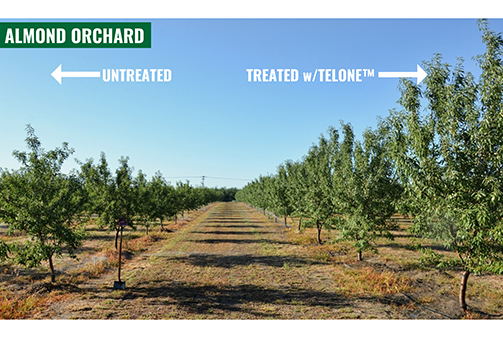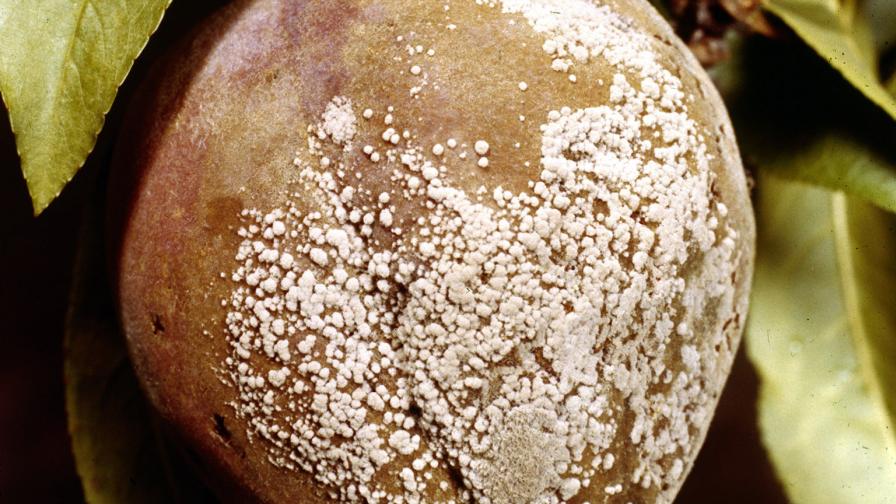Crop Protection Suppliers Will Adapt to Supply Challenges and More in 2023
Atticus Founder and CEO Randy Canady foresees several developments on the crop protection front in 2023, including the reauthorization of the Pesticide Registration Improvement Act (PRIA).

Randy Canady
“Our industry has adapted and adopted to global supply challenges. We have also adjusted to an overloaded EPA managing a backlog of work,” Canady says. “The fifth iteration of the Pesticide Registration Improvement Act is expected soon. While anticipating improvement, we accept the reality of delays and incorporate them into our planning.”
Atticus is currently estimating registration timelines based on performance data and workload, Canady says. In doing so, Atticus extends its commitment to reliability beyond product availability to better estimate commercialization dates of relevant branded-generic crop protection products, he says.
“With pending registrations for 20 technical active ingredients and 80 end-use products, Atticus will add more brand alternatives to our existing portfolio,” Canady says.
Ed Quattlebaum, the Director of Product Development with Attune Agriculture, says the crop protection segment of the agricultural industry is facing a dilemma that has the potential to drastically alter the cost and availability of many food and fiber crops.
“This challenge is being fueled by two factors, which are creating the perfect storm: a diminishing number of pesticide active ingredients and increasing pest resistance to existing pesticides,” Quattlebaum says. “Attune Agriculture has developed a new class of insecticide with a purely physical mode of action to help growers modify their spray programs so that resistance can be minimized or prolonged. We are excited to share this new technology with growers soon.”
RipeLocker CEO and Co-Founder George Lobisser notes that his company will expand the capabilities of its technology to successfully delay senescence and suppress decay by developing a unique application method to deliver organic fungicides via a gas inside the low-pressure chamber to potentially kill and/or suppress decay and human pathogens.










